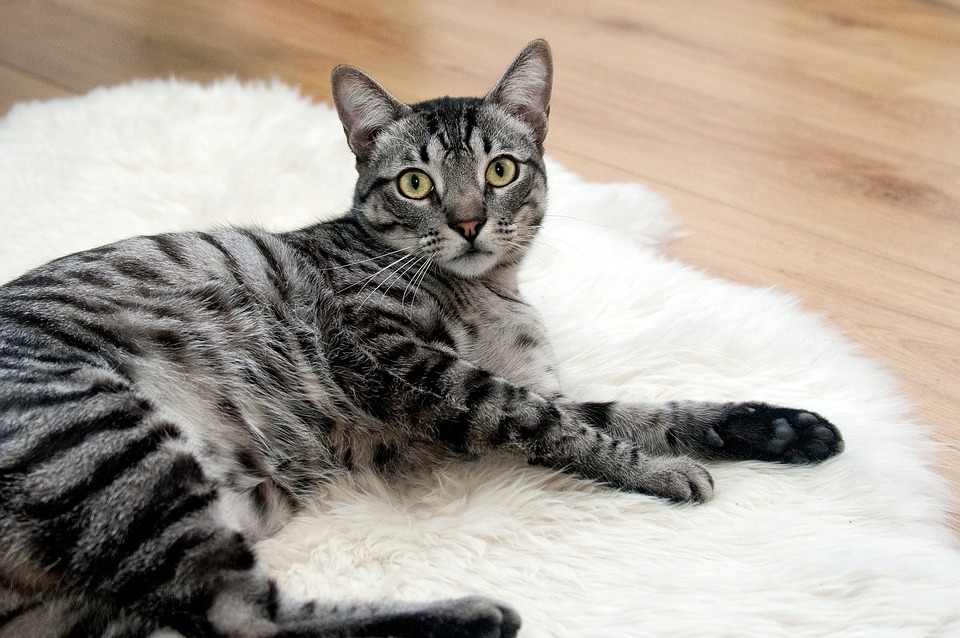**Cat Dental Cleanings: Keeping Your Feline Friend’s Teeth Healthy**
Caring for your cat’s dental health is crucial for their overall well-being. Just like humans, cats can develop dental issues such as plaque buildup, tartar, and gum disease. Regular dental cleanings can help prevent these problems and ensure your feline friend maintains healthy teeth and gums.
**Importance of Cat Dental Cleanings**
Maintaining good oral hygiene for your cat is important for several reasons. Poor dental health can lead to pain and discomfort, difficulty eating, and even systemic infections that can affect the overall health of your furry friend. Regular dental cleanings help remove plaque and tartar, which can contribute to dental disease, and prevent the development of more serious oral health issues.
**Signs of Dental Issues in Cats**
Cats may not show obvious signs of dental issues, making it essential for owners to stay vigilant. Some common signs that indicate dental problems in cats include bad breath, decreased appetite or difficulty eating, pawing at the mouth, excessive drooling, red or swollen gums, yellow or brownish deposits on teeth, and behavioral changes such as increased irritability. If you notice any of these signs, it’s crucial to consult a veterinarian promptly.
**Cat Dental Cleaning Procedure**
Cat dental cleanings are typically performed by a veterinarian under anesthesia. The procedure involves several steps to ensure a thorough cleaning and examination.
1. Dental examination: The veterinarian will examine your cat’s teeth and gums to assess their overall oral health and identify any specific issues.
2. Dental X-rays: X-rays may be taken to evaluate the condition of the teeth below the gumline, as many dental problems occur beneath the surface.
3. Scaling: Plaque and tartar are removed from the teeth using specialized dental instruments. This process helps eliminate bacteria and prevents further dental issues.
4. Polishing: The teeth are polished to smooth the surfaces and reduce the risk of plaque buildup.
5. Fluoride treatment: A fluoride treatment may be applied to strengthen the teeth and protect against decay.
6. Oral health assessment: After the cleaning, the veterinarian will assess the overall oral health of your cat and provide any necessary recommendations or treatments.
**Preparing Your Cat for a Dental Cleaning**
Preparing your cat for a dental cleaning can help ensure a smooth and successful procedure. Here are some tips to follow:
1. Pre-appointment fasting: Follow your veterinarian’s instructions regarding fasting before the dental cleaning. Typically, cats should not eat for several hours prior to the procedure to prevent any complications during anesthesia.
2. Pre-anesthetic bloodwork: Your veterinarian may recommend pre-anesthetic bloodwork to assess your cat’s overall health and identify any potential risks or complications.
3. Medication management: If your cat is on any medications, inform your veterinarian beforehand to ensure proper management during the dental cleaning.
**Aftercare and Maintenance**
After the dental cleaning, your cat may require some aftercare and maintenance to support their oral health. Your veterinarian may recommend specialized dental diets or treats to help control plaque and tartar buildup, regular at-home brushing using cat-friendly toothpaste and a soft-bristled toothbrush, dental rinses or gels to promote oral hygiene, and regular dental check-ups to monitor the progress of your cat’s dental health. It’s crucial to follow your veterinarian’s guidance for the best long-term oral care for your cat.
**Frequently Asked Questions (FAQs)**
1. How often should I schedule a dental cleaning for my cat?
– The frequency of dental cleanings depends on your cat’s oral health. Generally, annual cleanings are recommended, but your veterinarian may suggest more frequent cleanings if your cat has existing dental issues.
2. Is anesthesia necessary for cat dental cleanings?
– Yes, anesthesia is typically required for cat dental cleanings. It ensures the cat remains still during the procedure, allowing for a thorough cleaning and examination.
3. Can I brush my cat’s teeth at home instead of getting a professional cleaning?
– While regular brushing at home is beneficial, professional dental cleanings by a veterinarian are essential to address plaque, tartar, and underlying dental issues that brushing alone cannot resolve.
4. Are there any alternatives to dental cleanings for cats?
– Dental cleanings are the most effective method for maintaining oral health in cats. However, regular dental check-ups and preventive measures, such as dental diets or treats, can help reduce the frequency of cleanings.
5. Are there any risks associated with cat dental cleanings?
– Anesthesia carries some risks, but proper pre-anesthetic screening and monitoring minimize these risks. Your veterinarian will assess your cat’s health and discuss any potential concerns before the procedure.
Remember, consulting your veterinarian is crucial for personalized advice regarding your cat’s dental care. Regular dental cleanings and proper oral hygiene can help ensure your feline friend maintains healthy teeth and gums for a lifetime of purrs and playful moments.








